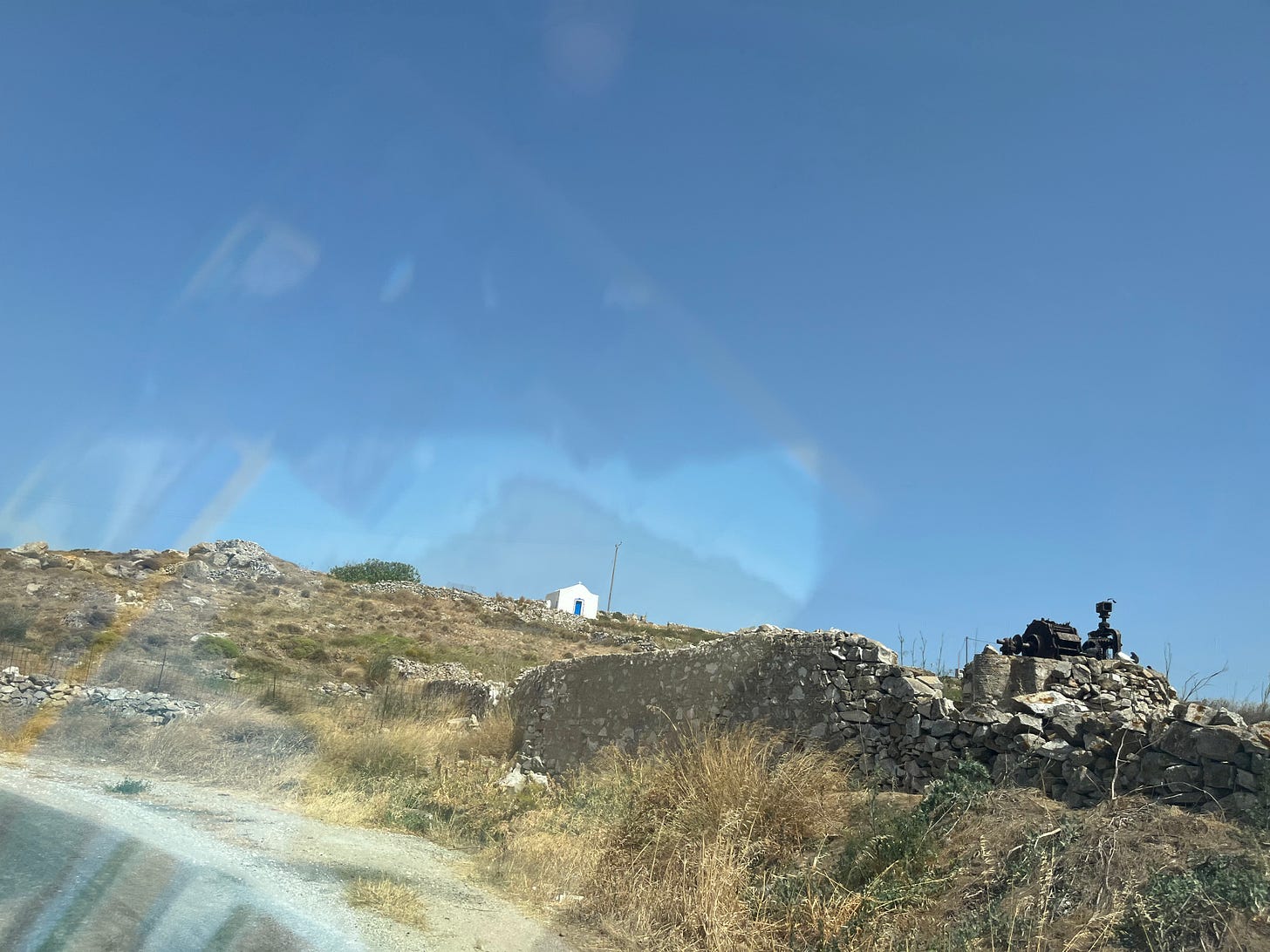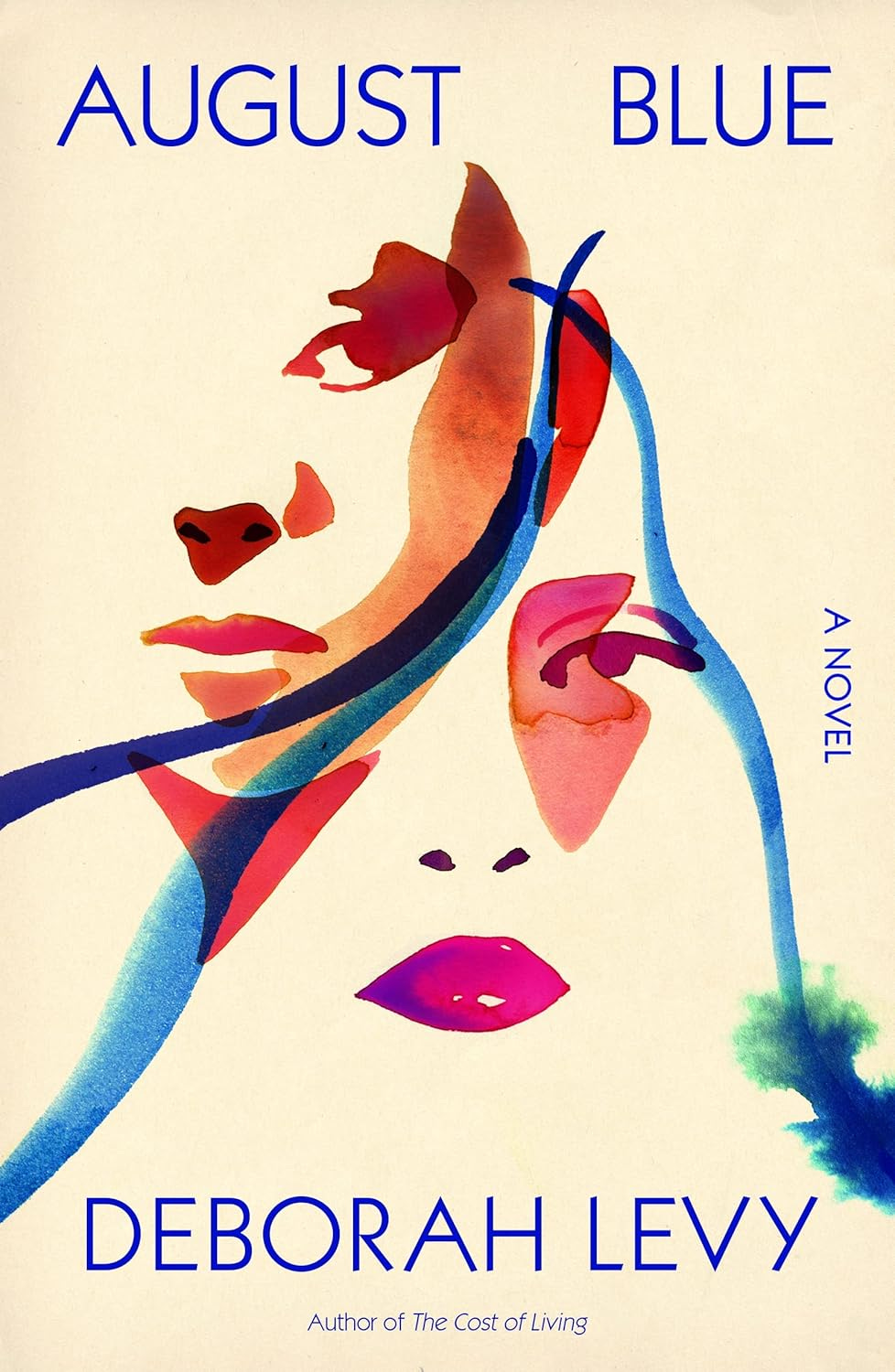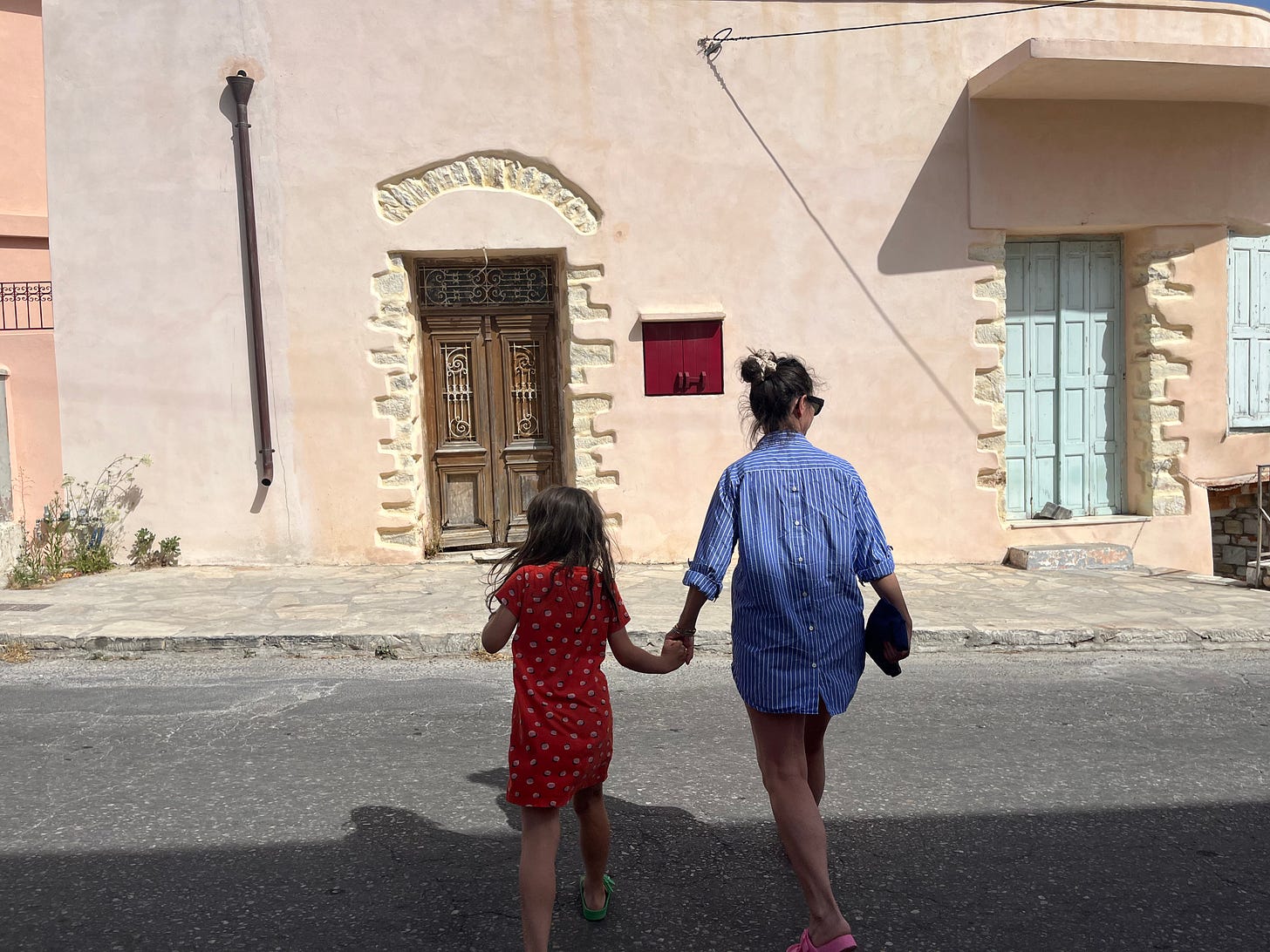Issue 114: My reading kinks
Literature that pushes all my pleasure buttons
Earlier this year I took a writing course with , who introduced me to Jennifer Lynn Barnes and the concept of writing for the id1. In Freudian psychoanalytic theory, the id is the part of the mind driven by instinct, desire, and raw emotion—what Freud described as the source of our most primal urges. When applied to writing and reading, the idea is deliciously simple: what if we stopped aiming for what’s “good” or “literary” and instead asked, What do I secretly crave in a story?
Barnes—a psychologist and bestselling novelist—studies what draws humans to fiction and argues that stories hook us by giving us rare access to the inner workings of other people’s minds. Reading then trigs deep evolutionary interests in things like status, conflict, and relationships (what she calls the "gossip theory"). Drawing on Steven Pinker, she also sees fiction as “cheesecake,” full of things we’re hardwired to enjoy: beauty, wealth, danger, competition. As both researcher and novelist, Barnes reverse-engineers fiction to hit these psychological pleasure points—and readers can’t get enough.
Barnes has identified six common pleasure buttons that beloved works of fiction tend to push:
Sex and touch
Status and power
Danger
Competition
Beauty
Wealth and money
Leigh invited us to identify our own reading kinks—the themes, tropes, details, and settings that excite us every time. There’s no right or wrong way to do this. It’s less about literary taste and more about instinct: what makes your brain light up? What kinds of stories feel like they were written just for you?
Here’s what I came up with:
The Cold War / politics
70s fashion / a little bit of glam
Odd friendships
Sapphic relationships
Coming out stories
Intellectuals / writers / academics / artists
Professional ambition / finding your way
Heartbreak / yearning
Class discomfort
Summer houses / sad vacations / leaving the city
Affairs / secrecy
Historical speculation
Greece
Tenderness
References to specific classical music pieces2
This is obviously a fun and useful exercise for writers. But I was reminded of it again this past week while reading Swimming Home by Deborah Levy—a book that was generously gifted to me by my friend and I loved so much I immediately grabbed another Levy novel, August Blue (also a gift from , book friends are the best).
From the very first page, I was hooked. And then it hit me: part of the reason I was salivating over August Blue was that it was partially set on a Greek island.
It reminded me of how I felt reading Separation by Katie Kitamura—also set on a Greek island. I loved that part of the book so much that when I went to Naxos last summer on a family vacation, I had this eerie, almost spiritual feeling that I’d been there before. So much so that I wondered if I’d lived there in a past life (don’t laugh). Only later did I realize I’d read Separation in January and apparently stored all that island atmosphere in my body. I actually wrote to Katie about it, and she thought it was hilarious.
I had a similarly strong, full-body reaction when I started August Blue. What can I say—my id loves me some Greek beaches. Apparently, that’s a core kink. 🙊🙊
This got me curious enough to go back to my original list. I thought about some of my favorite authors from the past year and started marking which of my reading kinks each of them hit. And there it was. The top scorers—Constance Debré, Catherine Lacey, and Deborah Levy—lined up perfectly with the intensity of my reading experiences. These are the authors who’ve completely wrecked me (in the best way), and it turns out, they hit the most of my buttons.
Debré's Playboy, Love Me Tender, and Name tackle sapphic relationships, class discomfort, and the author’s coming out journey as a lesbian and as a writer. Lacey's Biography of X brilliantly combines historical speculation, sapphic relationship, glamorous art scene setting, and artistic ambition. Levy's works consistently feature that intoxicating mix of intellectuals, affairs, and a sense of nostalgic yearning that seem custom-designed for my literary pleasure centers.
It feels amazing to know this about myself as a reader. It makes my taste feel more legible—and gives me a clear way to find my way back to books when I’m feeling uninspired or disconnected. Obviously, so much of joy in reading comes from feeling surprised by a piece of work but there is also so much comfort in knowing that one can always ask oneself: What pleasure button do I need pressed right now?
So I thought I’d ask you:
What are your reading kinks? What themes, locations, tropes, or character details turn you on as a reader?
Which books have you devoured with a surprising level of intensity?
And when you compare those favorites to your list—how many kinks do they hit? What are you noticing?
This is a fun podcast conversation with Jennifer Lynn Barnes on how she thinks about writing / reading for the id.
This last one came to me as I was working on this post and talking to
about Satie references in Lauren Elkin’s Scaffolding which both Kate and I loved AND in August Blue by Levy. Elkin and Levy are definitely in conversation with each other through their work, it is so inspiring to witness. Another book that has really challenged me and inspired me that is set in the world of professional classical musicians is The Piano Teacher by Elfriede Jelinek.









What an interesting concept! I had never considered a reading "kink" before...will have to give my own some thought, but initially I'd say:
womens lives;
featuring writers or other female creatives;
stories of "escape"- as in literally running away/having an affair/women completely changing their life;
times of transition;
Marriage/relationships- specially long term ones;
City settings.
This TOTALLY makes sense when you look at my favourite books over the past 6-12 months (and beyond): Scaffolding, All Fours, The Details (current read), Deborah Levy's living autobiography, Hot Milk and Swimming Home Viv Albertine's memoirs!
I love this way of thinking about reading, Petya! And seeing your results. "It makes my taste feel more legible" made me stop in my tracks. It's such a true statement! I'm bookmarking this idea for reflection later.